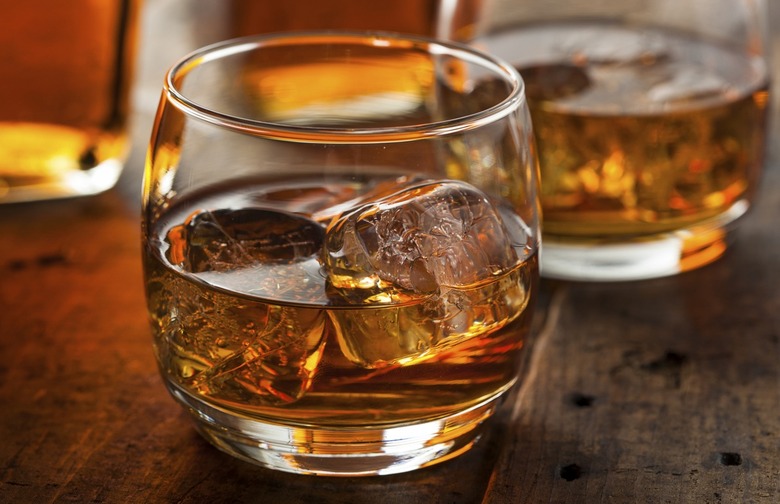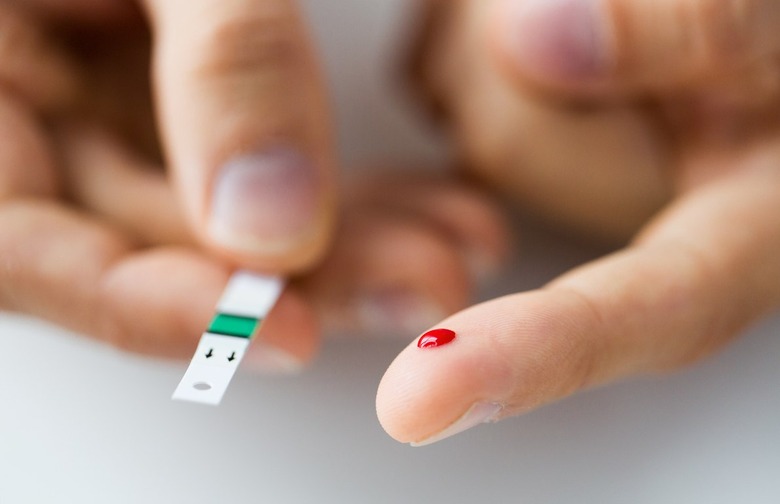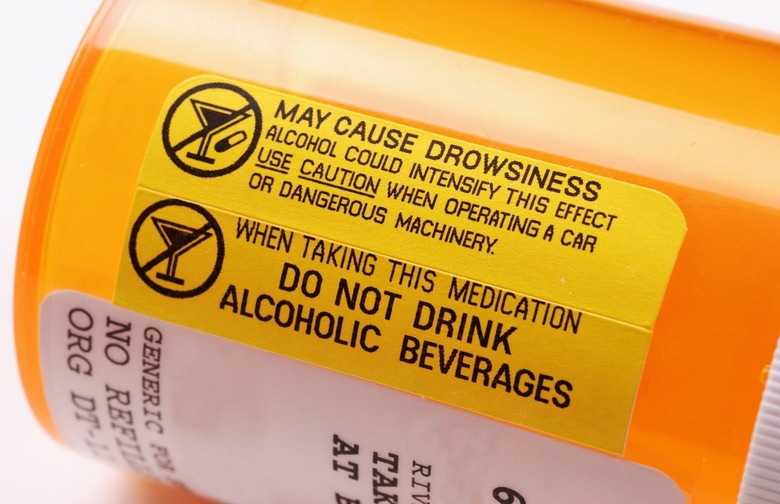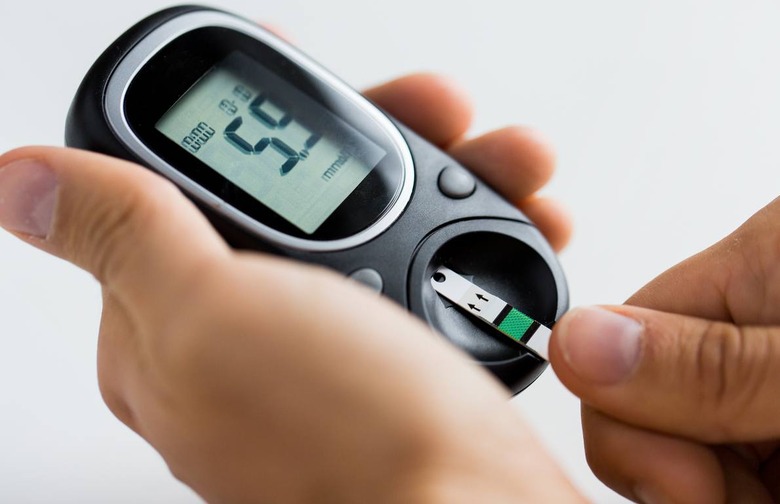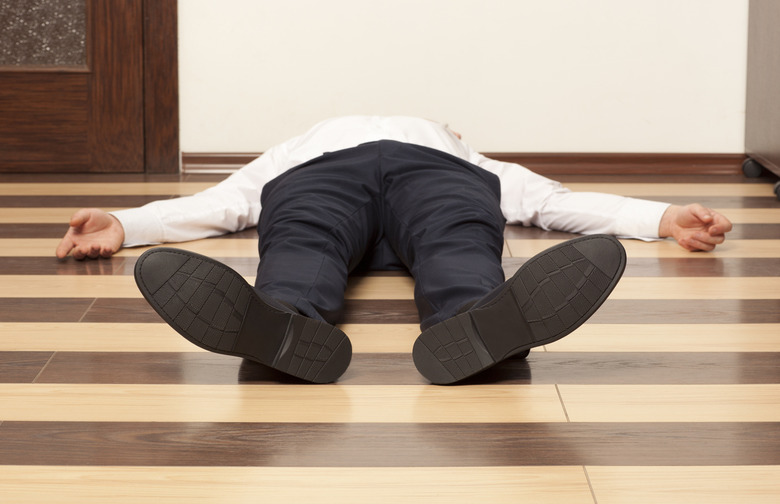9 Things You Need To Know About Diabetes And Alcohol Slideshow
Drinking a moderate amount of alcohol is perfectly fine. Women can have up to one drink per day, and men can have up to two. There's also evidence that light alcohol consumption can have a positive impact on cardiovascular disease.
Some Alcohol Contains No Carbohydrates
Beer, wine, and cocktails contain carbohydrates that can throw blood sugar levels off balance, but pure spirits such as vodka, whiskey, tequila, and brandy taken straight, are carbohydrate-free. However, be wary of mixers: A standard gin and tonic can contain up to 18 grams of sugar — from the tonic, not the gin.
Eating Is Important Before Drinking Alcohol
Food delays the body's absorption of alcohol. The American Diabetes Association recommends eating a meal before having a drink and not counting the carbohydrates of alcohol toward your regular meal plan.
But Alcohol Can Lead to Too Much Eating
As we all know well enough, alcohol stimulates the appetite and impairs judgment, which can lead to unchecked gorging. Diabetics need to be particularly aware of the amount of food they eat when they're drinking. Alcohol's high-calorie content also makes it difficult to lose weight, which is crucial for reversing the disease's effects in Type 2 diabetics.
Alcohol Consumption Is Inversely Associated With Diabetes Self-Care
For diabetics, consuming more than the doctor-approved amount can lead to abandoning prescribed self-care treatments. Alcohol inhibits judgment and leads to forgetfulness.
Alcohol Can Affect Diabetes Medication
Alcohol can interfere with the effectiveness of oral diabetes medicine, specifically chlorpropamide (Diabinese). Symptoms of a complication include lightheadedness, difficulty with balance, and stomach irritation.
Excess Alcohol Can Lower Blood Sugar Levels
Drinking copious amounts of alcohol can lower blood sugar levels for up to 12 hours. Normally, when blood sugar levels drop, the liver turns stored carbohydrates into glucose, but when there's alcohol in the bloodstream, removing it becomes the liver's first priority.
Intoxication Can Hide Symptoms of Low Blood Sugar
The side effects of alcohol intoxication, which include flushing, nausea, and increased heart rate, can conceal the symptoms of low blood sugar levels. Alcohol increases the risk of hypoglycemia (depressed blood sugar levels), which makes excessive drinking especially dangerous. The American Diabetes Association suggests diabetics should wear an identity tag stating their condition when consuming alcohol, just in case.
Sex and Alcohol Is a Bad Combination
Having sex after excessive drinking is never ideal, but for diabetics it's even riskier. Both sex and alcohol reduce blood sugar levels, so the combination might be dangerous for diabetics who may be unaware of their current glucose count.

